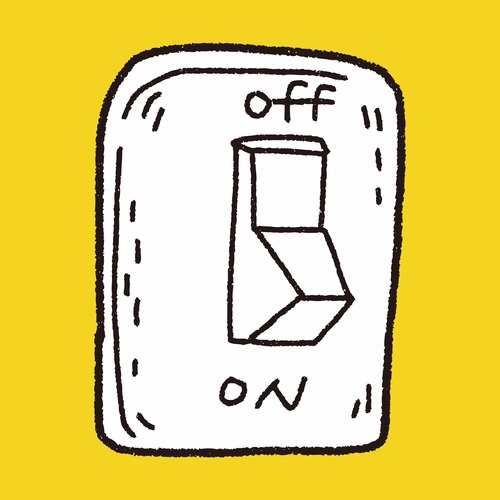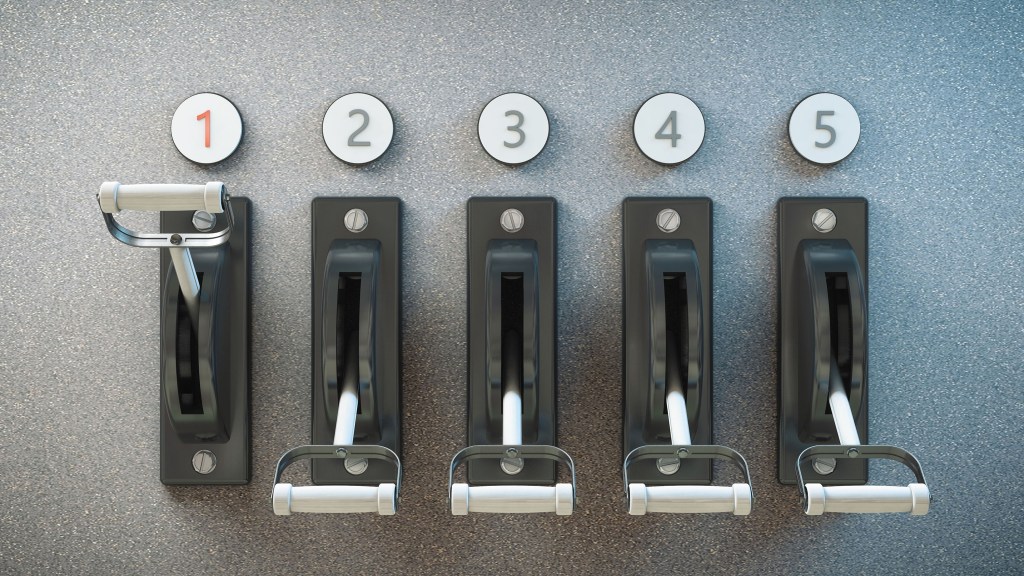13 Sales Faux Pas That Drive Customers Away

By: John Graham
Salespeople are always looking for “buying signals”—indications that the customer is ready to say yes. When this happens, the savvy salesperson knows it’s time to ask for the order.
But salespeople often miss the warning signs that all is not well. Here are 13 unspoken “no sale signals” customers send when they’re dissatisfied with a salesperson:
1) You don’t connect with me. You may think you’re connecting, but don’t feign friendliness or rely too heavily on small talk. Your customers will be able to tell it’s an act—the same one you put on for every customer.
2) You’re only interested in making a sale. You may think that’s your job, but it’s not. Your role as a salesperson is understanding what’s going on with your customers, what they’re thinking about and what they want to accomplish. Do that, and the sale will take care of itself.
3) You decide what I should buy. Evidently, you don’t trust your customers to make their own buying decisions, so you do it for them. Do you think options will confuse them—or worse, drive them away? Try helping your customers examine the possibilities so they can narrow the choices to the point that they say, “This is what I want.”
4) You push me to make a decision. You and your customer aren’t on the same page when it comes to urgency. You prepare the proposal quickly, make the presentation and seem to get a positive response. You make constant attempts to motivate them to make the final purchase decision, but nothing works. The customer procrastinates. Later, you find out the order went to someone else. Moral of the story: Pushing customers doesn’t work.
5) You don’t answer my questions. Maybe you come away pleased with your performance and you pat yourself on the back for the great job you did on the presentation—but you don’t seal the deal. Many salespeople are so intent on what they want to get across, they don’t pay attention to what the customer is saying or how they’re acting.
6) You make me feel inadequate. It’s easy to assume customers have a certain level of knowledge, but many just can’t keep up with rapid changes in every industry, even their own. You may be better informed than the customer, which makes it easy for them to feel inadequate—and defensive. If the person is sensitive, this can harm your chances of moving forward.
7) You don’t stay in touch after the sale. You make a point of telling customers that you’ll be checking in with them from time to time because you know that’s what they want to hear. When you don’t do it, you let them down. They fell for your line, and they think you’ve played them for a sucker—and that makes the bad juices flow. Don’t scratch your head when you don’t get any more business or referrals from them.
8) You don’t follow through. You say you’ll get a customer the requested information. Three weeks later, you still haven’t done it. Then, when they remind you, you make up an excuse or throw a colleague under the bus. The customer concludes that they can’t count on you.
9) You’re more focused on impressing me than helping me. Salespeople often make themselves the star of the show, selling themselves to a customer by peppering the conversation with success stories and name dropping. All the while, customers are just looking for help, and you miss the opportunity to make a sale.
10) You don’t play it straight. Consider this scenario: The day after having a car serviced, the dealer’s rep calls to see if the work was satisfactory. The customer says he’s pleased. So far, so good—until the other shoe drops. The dealer’s rep adds, “You may get a call from the manufacturer asking about our service.” That’s all it takes to know what’s important to the dealer. The customer feels like the dealer is using him.
11) You offer solutions that don’t solve my problem. You may even do it deliberately, and you probably get away with it sometimes. But when buyers figure out what you’ve done, your credibility is gone—and so are they.
12) You don’t take advantage of opportunities to be helpful. Consider this scenario: A customer comes in to replace an expensive five-year-old digital device he had bought elsewhere which isn’t working properly. The sales technician examines it, ran tests, makes adjustments and hands it back to the customer: “Try it now.” Sale lost? No. Some weeks later, the customer calls and orders the latest model. By helping, the sales tech gets the order.
13) You don’t think like me. Most salespeople don’t take the time to discover what’s important to customers—what they don’t like, how they make their decisions and what worries them. If there’s one thing customers want from salespeople, it’s to be understood.
Selling requires patience and sensitivity. Most sales balance precariously between yes and no, and most are hard to win. Don’t make it even tougher for yourself by undermining your own success.
John Graham of GrahamComm is a marketing and sales strategy consultant and business writer. He is the creator of “Magnet Marketing” and publishes a free monthly e-bulletin, “No Nonsense Marketing & Sales Ideas.”










